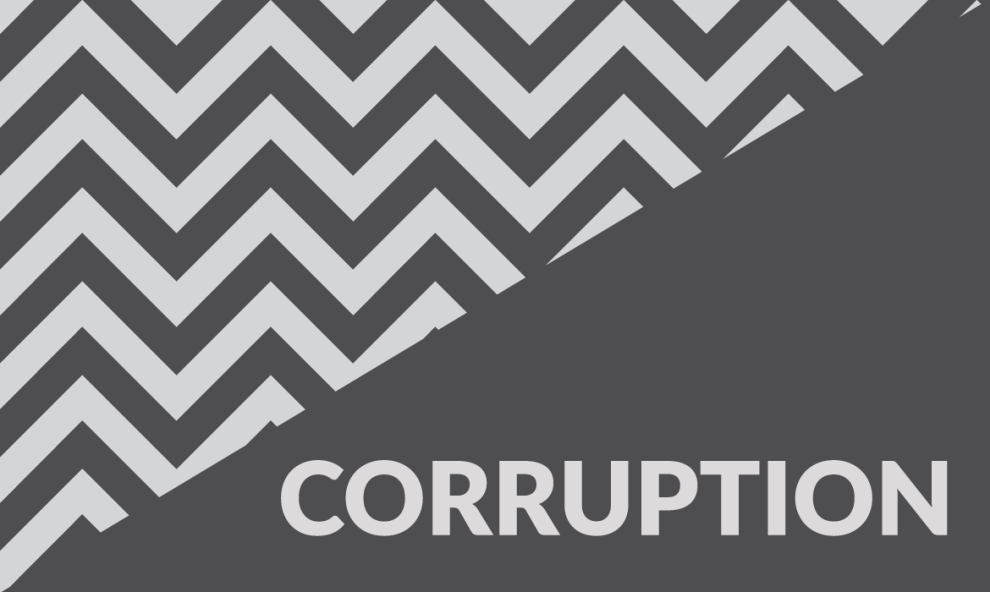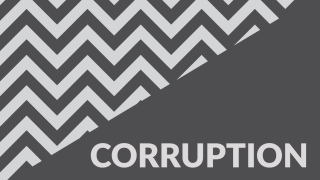Corruption scandals arising from the construction of The Pillar of Light (Estela de Luz in Spanish) continue. According to a report from the Federal Superior Auditor (ASF), the cost of the commemorative memorial of the Mexican Independence Bicentenary was three times more expensive of what was initially considered, in addition to the detection of 400 million pesos in unjustified payments – without taking into account the non-development of 3,000 square meters originally projected. Arrest warrants were issued for twelve former government officers involved in the construction industry (eleven of them were part of Tripe I Servicios, a subsidiary of oil giant PEMEX and the other one worked at the Secretary of Public Affairs). In view of what this court´s decision implies, it is worth evaluating the current situation of the fight against corruption in Mexico, particularly when President Peña has proclaimed putting an end to the “untouchable ones”. What has really been the Federal Government’s approach in this matter?
Confirmation of corruption acts in the construction of The Pillar of Light memorial is hardly surprising. President Peña’s “founding act” regarding this matter – the apprehension of Elba Esther Gordillo – certainly caused a stir. Nevertheless, since that major blow, current government’s actions against corruption have been non-existent, which has sure let down people who expected other “fat cats” would follow suit (lack of candidates is not an issue). It is important to note that the arrest warrants of The Pillar o Light case come as a result of a complaint lodged by ASF since 2011, and thus have nothing to do with the current administration. Regarding the “untouchable ones” matter, it could be interpreted as a permanent threat against all political circles instead of a practical action plan. Based on the principle of a government that has shown its intention of exercising effective control, it is not foolish to consider that threat may be used as an intimidation mechanism to any potential opposition, just like a “sword of Damocles”, hanging over the head of anyone who might have skeletons in his or her closet. Regarding the case of the former Federal Government officials, it’s a tempting possibility to take its toll on the past PAN administration and this kind of “informal control” might be useful to appease those who might be seen as obstacles on the Government’s agenda. No one would be surprised if, at some point, PAN Senators would turn out to be less reluctant in working with leaders of PRI.
Fight against corruption featured prominently in the Peña Nieto agenda during the post-electoral period and through the beginning of his administration but its relevance has eroded ever since. The aforementioned Pact for Mexico only contemplates two commitments on the matter: the creation of an Anticorruption Commission and Council. The establishment of these bodies is currently stalled in Congress, where the education and telecommunications reforms have overshadowed it. Now, in the view of the upcoming energetic and tax reforms this looks set to continue. If the tolerance on this matter carries on, fight against corruption will only proceed to be discretionary and with a selective use of justice, that is to say, merely a pretext to achieve other ends.
CIDAC





Comments